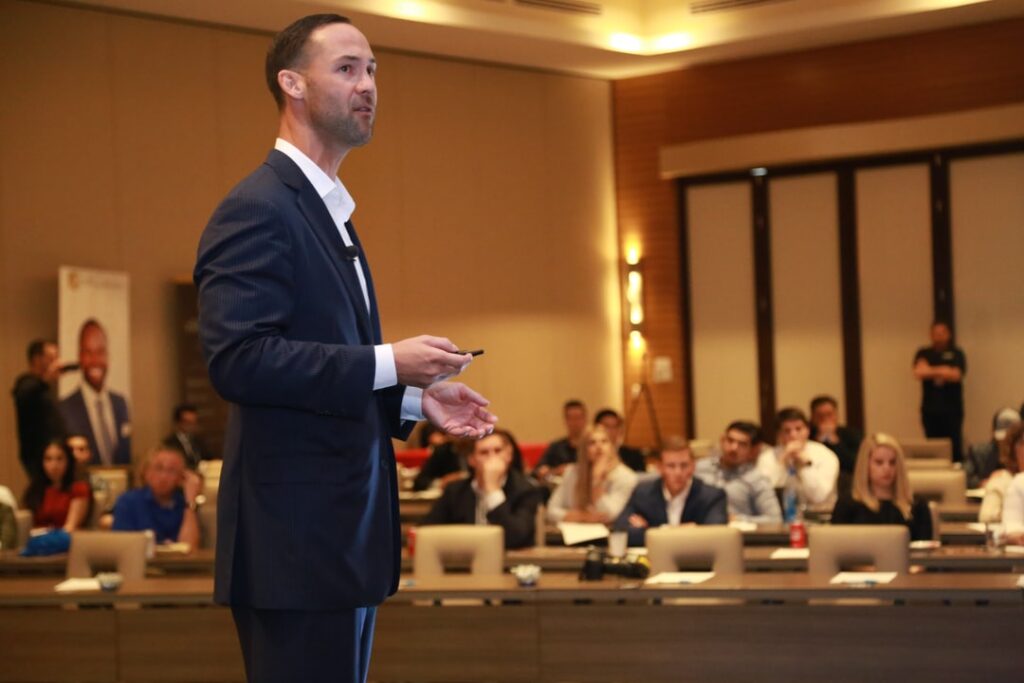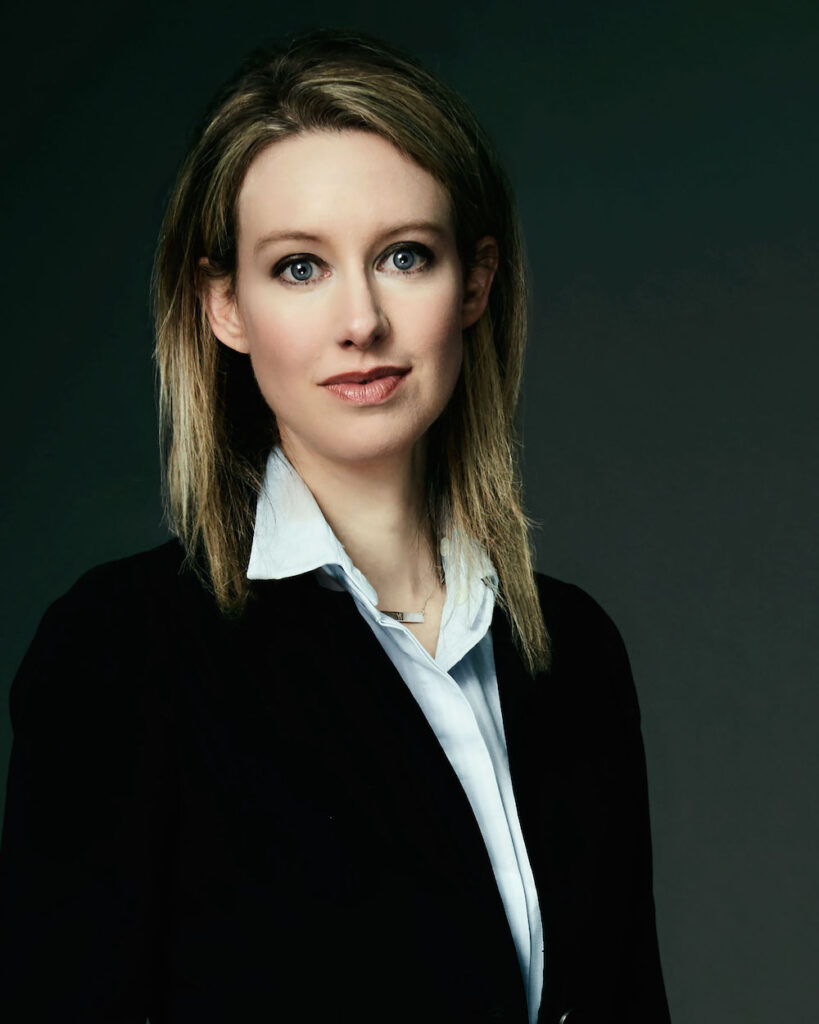
This post is a twin of my last one on Teaching Ethics in Management and Accounting because they originated in my reading of two related articles on fraud by Seb Murray (Financial Times, 13 June 2022). As the post became too unwieldy, I decided that it made better sense to split it into two.
This post also takes off from a passing reference to Donald Cressey in another recent post on Strategic Risk in Banking. Another post on Fraud, Terrorism, and Bathtub, had mentioned how those who want to commit fraud learn the loopholes over a period of time. Those loopholes provide the opportunity for fraud as discussed below. The discerning reader may also find in this post a resonance of the determining factors mentioned in yet another post on Why People Wore Masks. While wearing a mask is an act of compliance with a regulation, committing a crime is deviant behaviour, essentially constituting noncompliance with socially and culturally accepted norms, and/or in defiance of legal or regulatory sanctions. Continue reading “Why people commit fraud”
![]()


